Selected Recent Brooklyn College courses
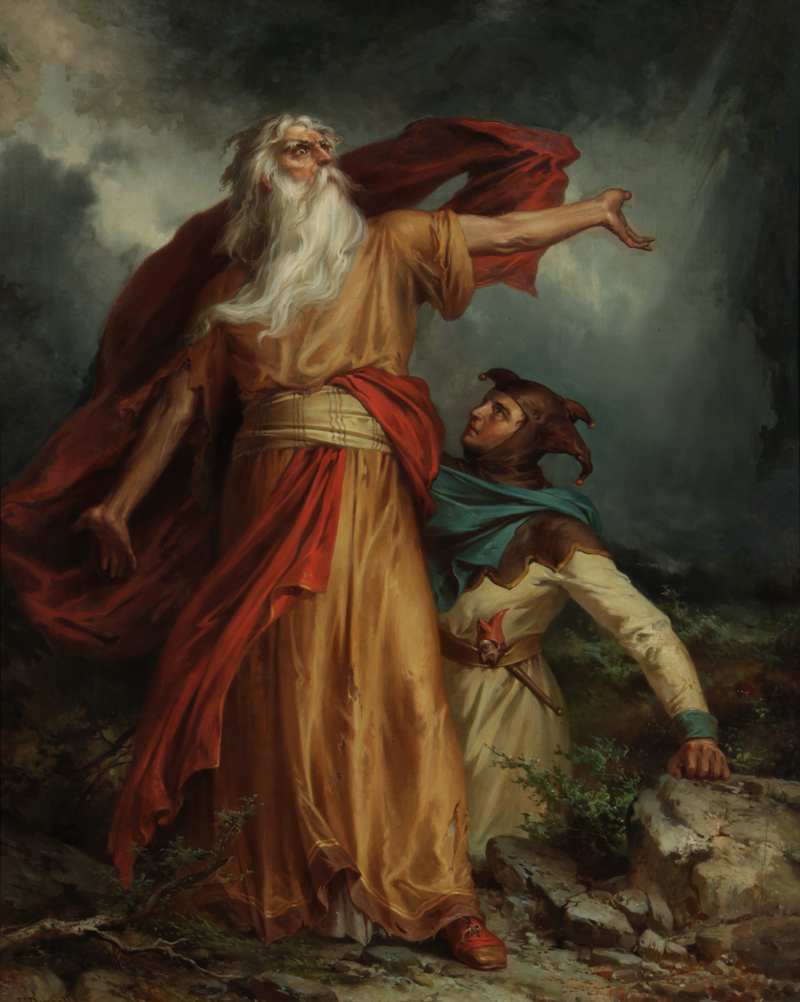
Shakespeare’s Troubled Families
Which is worse: having a family, or not having a family? When Shakespeare’s powerful male protagonists fret over their legacies, they worry about children dying, disappearing, or disappointing them, or the corollary problem of not having children in the first place. Many of the plays feature bitter family disputes, and many feature terrible losses; some also feature mysterious reappearances, reunions, and reconciliations. This class will explore how questions of success, succession, heredity, and inheritance shape parent-child relations in Shakespeare’s plays.
History of the English Language
The English language, like the United States, and like Brooklyn in particular, is a crazy quilt of countless languages and cultures. This course will explore the development of English from its earliest forms to the present day, with an emphasis on the cultural encounters that have kept it in a constant state of mobility and expansion. We will examine the language’s Anglo-Saxon beginnings and its early evolution in response to encounters with French, Latin, and Greek; explore some of the far-flung shores where England’s colonial and imperial ventures brought the language, and see what they brought it in return. We will consider the distinctive status of American English, the question of when and how neologisms and slang terms become official components of the language, and the status of English as a global phenomenon, alongside the phenomenon of mixed linguistic forms such as Spanglish, Franglais, Danglish, Singlish, Hinglish, Tanglish, and Globish. Students’ experiences with, and perspectives on, alternate forms of English will be welcomed into discussions.
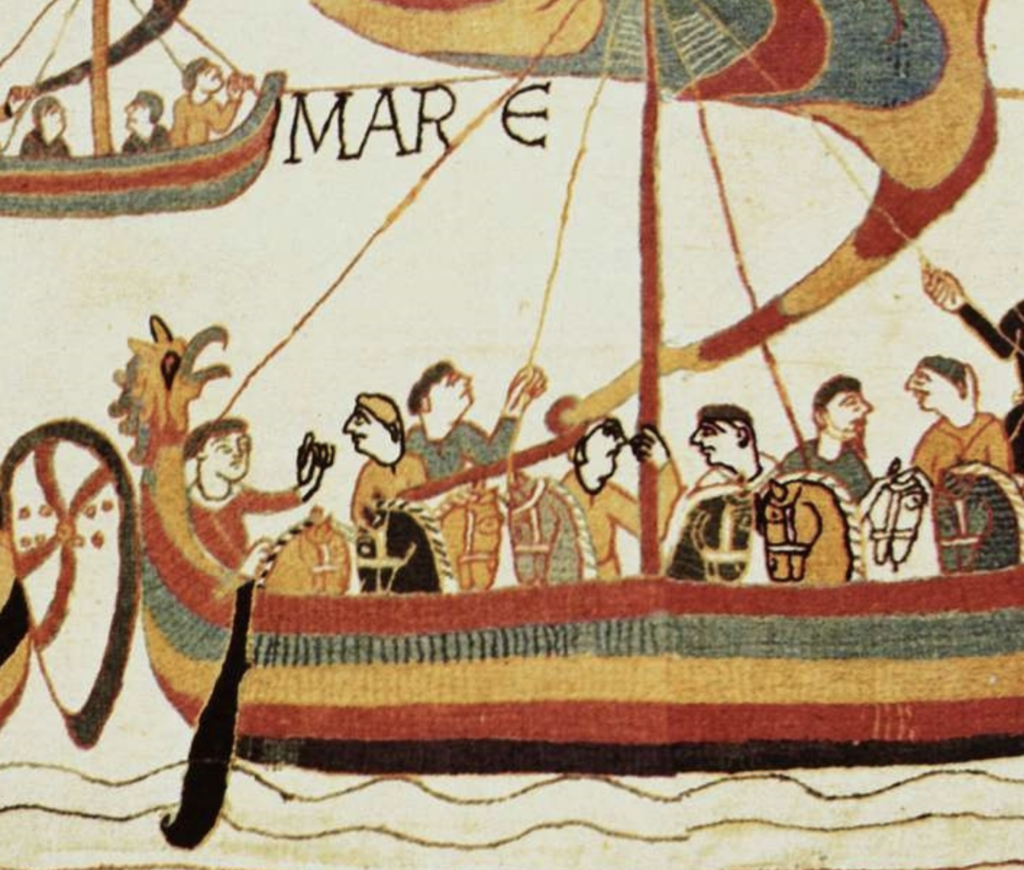
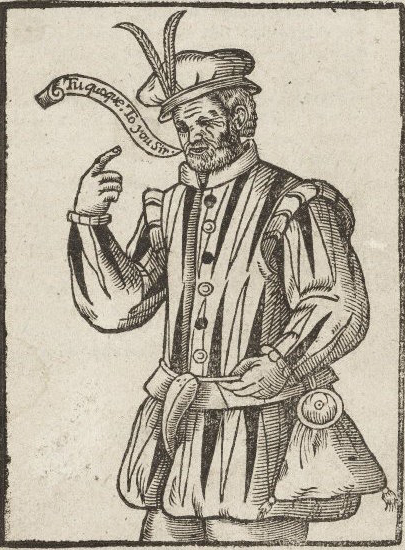
Early Modern Drama Exclusive of Shakespeare
What were Shakespeare’s contemporaries, friends, and rivals doing while he was writing the plays that went on to dominate the literary canon? Their plays have much in common with his, but are (among other things) frequently more bloody, racy, and generally extravagant. This course will explore some of the popular conventions that attracted large crowds to the period’s commercial playhouses: the severed body parts (including tongues, skulls, and fingers) of revenge tragedy; the con-men and transvestites, male and female alike, who peopled city comedy; colorful drugs such as poisons, beauty potions, and virginity-testing tonics; and the parodies of other plays that showcase competitive and collaborative relationships between playwrights.
Selected Recent Graduate Center courses
Theater as Necromancy: Animating the Dead in Early Modern England
Early modern playwrights peopled their stages with the undead, not only reviving literary figures from mythic pasts, but also reversing fatalities from within their own plays. Through these unsettling acts of reanimation, they engaged in a version of necromancy, the dark art of making magic from the dead. This course will explore the necromantic underpinnings of plays that reflect on the pleasures and dangers of animating the dead and other forbidden magical arts.
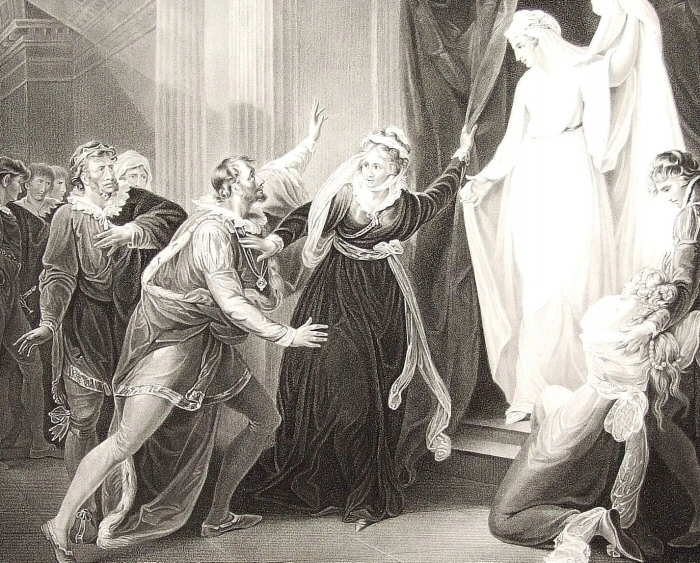
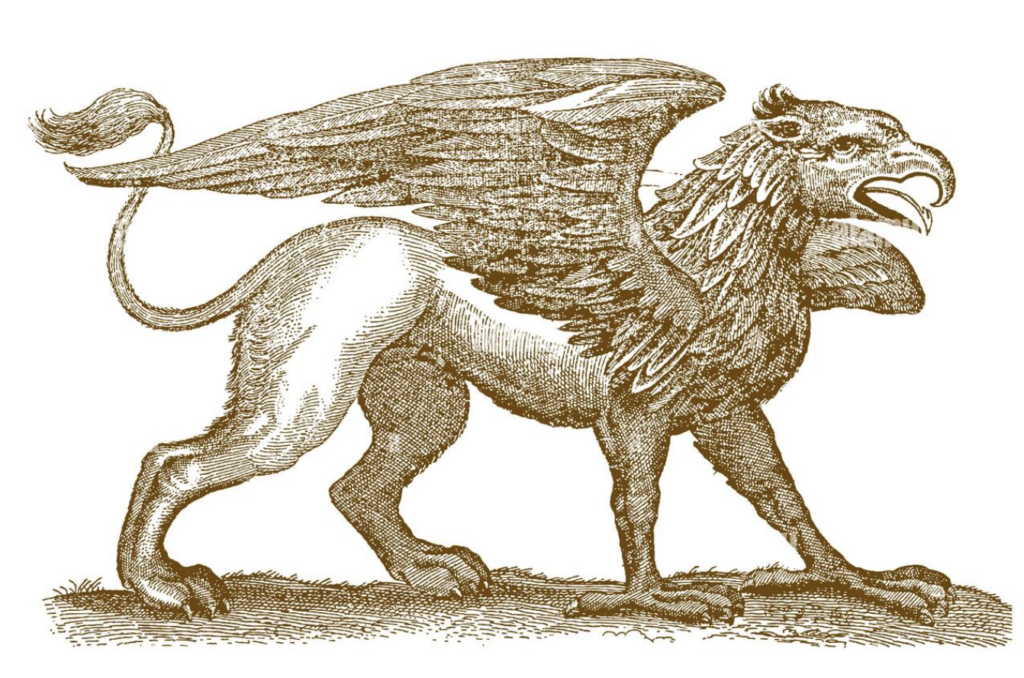
Scandalous Hybrids: Tragicomic Illegitimacy in Early Modern Plays and Classical Models
This course will explore the perils and pleasures of merging dramatic genres, through reading both theory and practice of tragicomedy in early modern texts and their classical models. Topics will include the scandal associated with generic hybridity, the ambivalence linked with satisfying perceived audience desire, and the running association between tragicomic illegitimacy and bastard offspring.
Early Modern Tragic Women and their Classical Models
Early moderns identified tragedy explicitly with its origins in the ancient Greek world, and the Greek plays most frequently printed, translated, and staged in the period all featured female protagonists: especially bereaved mothers and self-sacrificing virgins. This course will explore the way these female tragic icons haunted the early modern stage. We will read classical tragedies popular in the period, and consider their resonances in early modern plays that engage them.
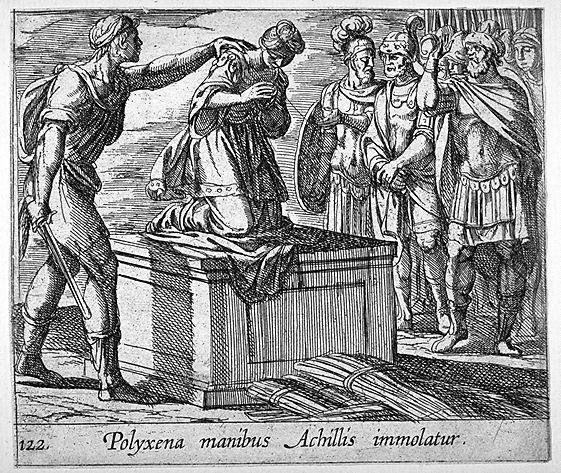
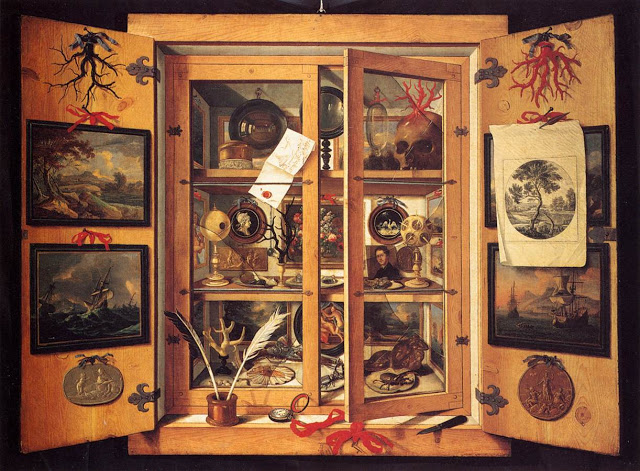
Science, Sympathy, and the Stage in Early Modern England
This course will explore early modern scientific models of bodies’ relationships with their environments, with attention to theories about the sympathies sparked by correlations between human, animal, and inanimate bodies, and the potent consequences of manipulating these sympathies. Critical approaches will include history of the body, environmental and ecocritical readings, animal studies, and approaches to the supernatural.
Early Modern Comedy and its Classical Models
Comedy has been long condemned as a second-class literary genre, both aesthetically and morally inferior to tragedy, yet it has consistently annoyed its critics by proving strikingly popular with audiences. As early modern playwrights experimented with the genre’s possibilities, they turned to the authority and cultural prestige of classical models in order to legitimate its status without sacrificing its marketable pleasures. In particular, they frequently imitated classical comedies’ uses of tragedy to generate both parody and affective tensions. This course will explore playwrights’ strategies for engaging audiences in both classical and early modern comedies, with an emphasis on uses of tragedy, satire, and parody, as well as topics including slaves, commerce, appetite, and pleasure.
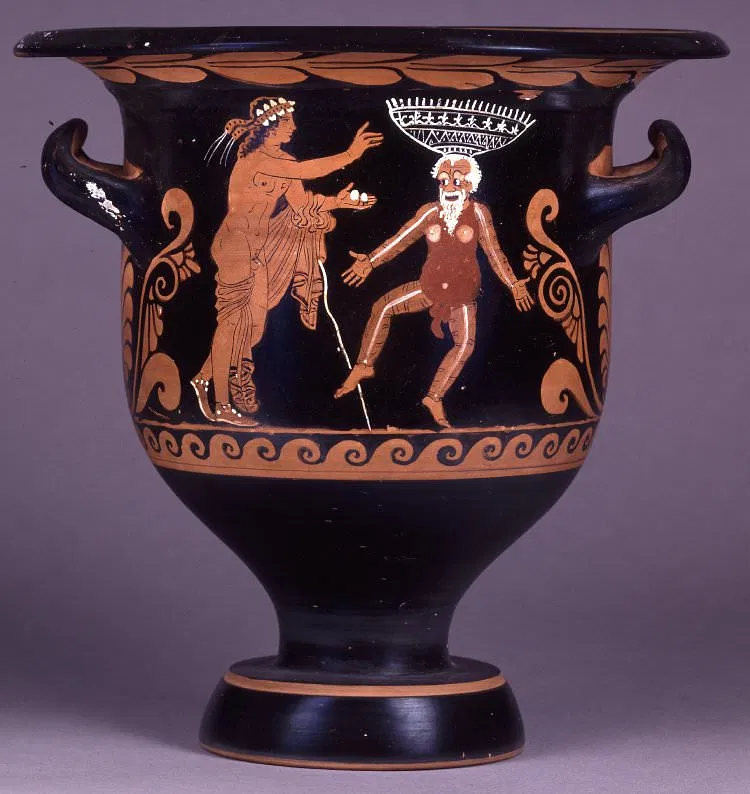

Shakespearean Catastrophes
What happens to art when the world is ending? Shakespeare, like us, lived through the radical upheaval of a deadly plague, accompanied by political upheaval and family crises. How might this experience have shaped his imagination, and those of his actors and audiences? What was it like to stage fictional deaths and disasters while real ones multiplied offstage? More broadly, how does catastrophe affect literary creativity? How might the physical vulnerability of bodies in theaters affect audience responses and literary strategies? This course will explore these and similar questions in plays across Shakespeare’s dramatic genres.


